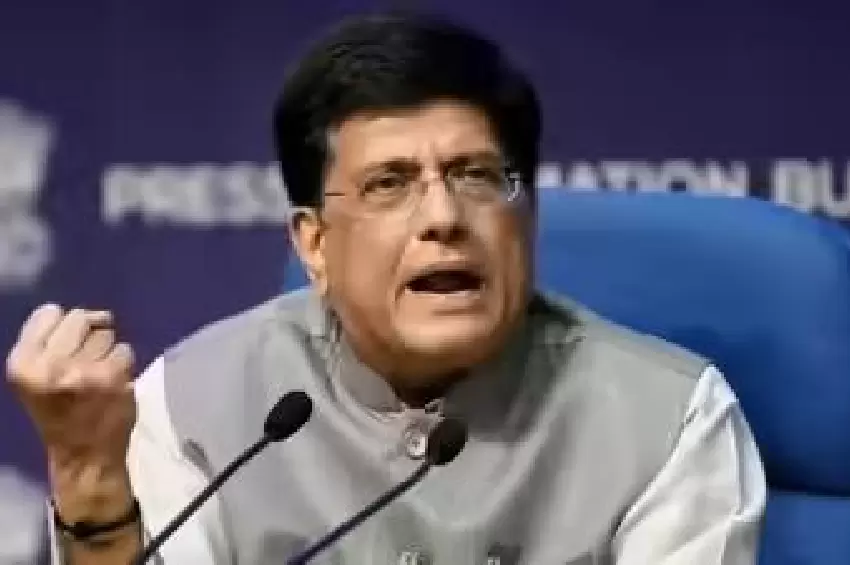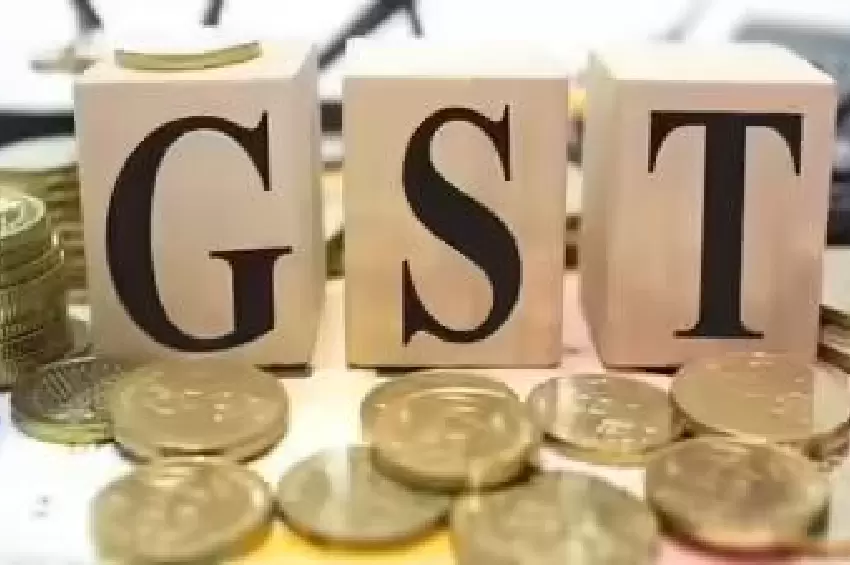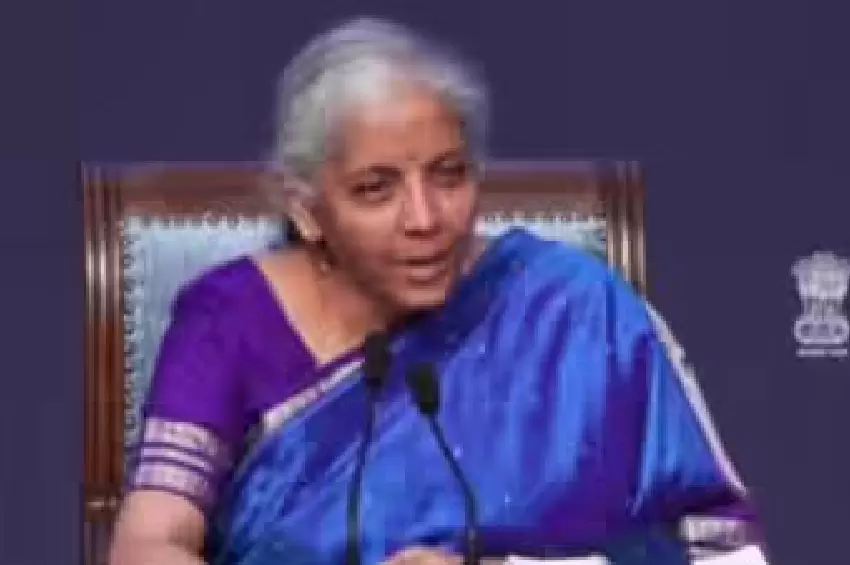India's Strategic Oil Choices Amid Global Pressure
NEW DELHI: Despite recent threats from Trump, India remains steadfast in its decision to source crude from Russia, prioritizing cost-effectiveness over political pressures. A senior government official emphasized, "Our primary concern is the welfare of our consumers. If Russian crude offers a more economical option, it's our duty to choose it."

This stance is further supported by the anticipated discussions during NSA Ajit Doval's visit to Russia, aiming to navigate the complex geo-economic landscape.
The Economic and Global Impact of India's Oil Trade
India's continued purchases of discounted Russian crude not only benefit domestic consumers by keeping pump prices lower but also play a crucial role in stabilizing global oil markets. This strategy has inadvertently aided European countries, major buyers of Indian diesel and jet fuel.
Business circles in New Delhi have rallied behind the government's critique of Trump's directives, highlighting the transparency and mutual understanding that have characterized India's oil trade with Russia.
Market Realities vs. Political Rhetoric
Interestingly, India's imports of Russian crude have seen a natural decline, not due to political pressure but market dynamics. May's figures show a 10% drop to $9.2 billion, underscoring the influence of market logic over political diktats.
Trump's comments have introduced uncertainty among American buyers, particularly those engaged in negotiations for the upcoming Christmas season, potentially affecting bilateral trade relations.
India's Firm Stand on Trade and Diplomacy
The Indian government's unwavering positions on agricultural and dairy imports, alongside its public rebuttal of claims regarding US mediation in Operation Sindoor, have challenged Trump's narrative of successful diplomatic engagements.
Negotiations have hinted at India's willingness to balance trade by increasing purchases of American oil, gas, fertilizer, and defense equipment, reflecting a nuanced approach to international trade and diplomacy.









Comments